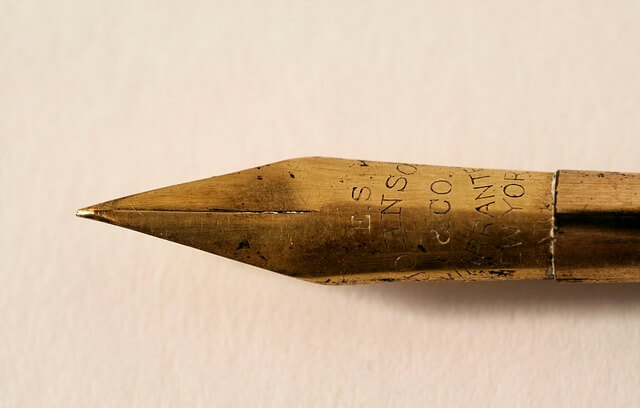
Does double-checking your work sometimes feel like the grammar police are saying “on guard” or “en garde” or … how do you spell that expression again?
This one goes out to anyone who’s ever wanted to be one of the three musketeers—or even the three mouseketeers. (Yes, that’s a shout-out to Mickey, Donald, and Goofy. You’re welcome).
First things first, don’t let any ideas of grammar police get you down. Are you working to be as clear, concise, and correct as possible with your communications? Awesome. The pursuit is half the battle won. (And you’re on this writing tips blog, so I’m guessing you’re well on your way!)
As for the spelling of “on guard” or “en garde,” both can be correct. They both mean to be alert and watchful, whether acting as a sentinel (more commonly the former) or in preparation for a possible fight (more commonly the latter), at least when used by English speakers. I will add the caveat here that en garde has not crossed over to be considered an English phrase. While it’s used by English speakers, it is still most decidedly a French expression. Thus, English dictionaries might note it, but they will note that it is a foreign phrase.
Using other languages well can be powerful at times and essential in the proper context, adding just a touch of je ne sais quoi. Perhaps it’s elegance and refinement. Perhaps it’s subtlety and empowerment.
However, please don’t mix them up. “En guard,” “on garde,” and any other similar but not quite right derivation is off the mark. (So please avoid using them!) One never wants to be off their mark when on their guard, right?
In fencing, “en garde” is the equivalent of the “Set” of “Ready, Set, Go” or maybe the “Let’s Get Ready to Rumble” before the starting bell of Pro Wrestling. Oh, did I just connect fencing, schoolyard races, and Wrestlemania? I apologize for that.
In English, “guard” entered the language as “garde” in Middle English in roughly the 15th century as an Anglo-French form, so the confusion has long roots; however, it’s time to get it right.
The matter of “on guard” or “en garde” is often a matter of preference, unless there are fencing épée, foils, or sabres involved. If there are swords of any type, “en garde” is likely what you’re looking for. Otherwise, you can let down your guard a bit amid your vigilant commitment to communications excellence.
Good luck out there.
Sign up for my monthly writing and editing tips and trivia email newsletter for more language answers like this.